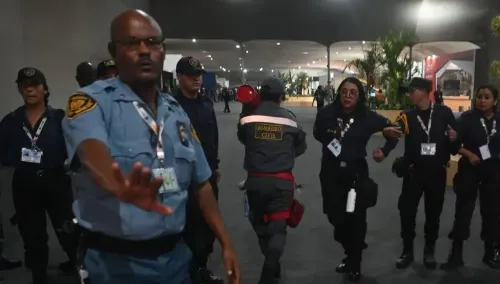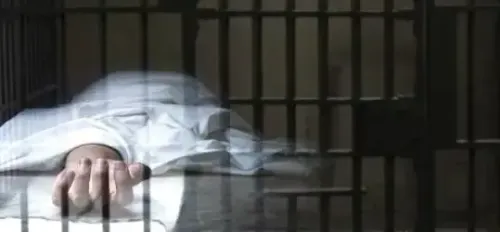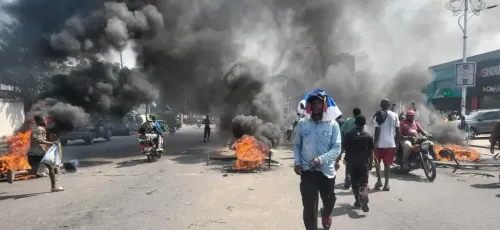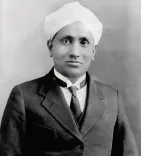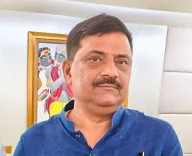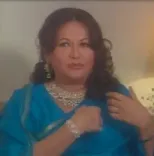Will the Supreme Court Intervene to Save Nurse Nimisha Priya?
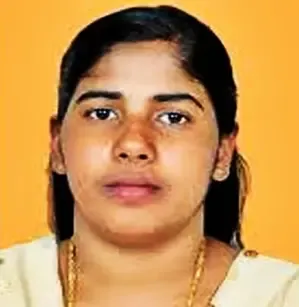
Synopsis
Key Takeaways
- Nimisha Priya faces a potential death sentence in Yemen.
- The Supreme Court's hearing is pivotal for her future.
- Activists are pushing for diplomatic negotiations.
- There are significant security concerns regarding Yemen.
- Time is critical as her execution could be enforced soon.
New Delhi/Thiruvananthapuram, Aug 14 (NationPress) The Supreme Court is set to examine a petition today requesting immediate intervention in the case of Indian nurse Nimisha Priya, who faces a death sentence in Yemen.
This issue will be addressed by a bench led by Justice Vikram Nath and Justice Sandeep Mehta.
Nimisha Priya, hailing from Kerala, was found guilty by a Yemeni court for the murder of a Yemeni citizen back in 2017.
Although her execution has been temporarily put on hold, activists and humanitarian organizations are advocating for diplomatic and legal measures to secure her release or to reduce her sentence.
The Save Nimisha Priya International Action Council, an advocacy group formed to campaign for her release, has approached the Central Government to obtain permission for a delegation to travel to Yemen.
The objective was to initiate discussions with the victim's family according to Yemeni law, which allows for a pardon in exchange for payment of blood money.
However, the Ministry of External Affairs (MEA) had previously declined the council's request, citing significant security threats in Yemen, where ongoing armed conflict and political instability continue to endanger foreign nationals.
The ministry informed the petitioners that it could not provide travel clearance to the conflict-ridden nation under the prevailing conditions.
During the hearing, the Centre is anticipated to update the Supreme Court on the current legal and diplomatic status surrounding the case.
The court will also evaluate the petitioner's argument that without direct involvement in Yemen, it would be nearly impossible to secure Nimisha Priya's release.
The Action Council's plea has urged the court to instruct the government to undertake all possible diplomatic efforts, including facilitating authorized representatives to negotiate with the victim’s family.
They emphasize that time is of the essence, as her death sentence, although currently stayed, could be executed if a resolution is not achieved swiftly.
This case has attracted considerable attention from human rights organizations, the Indian diaspora, and the political leadership of Kerala, who have made repeated calls for immediate action.
The proceedings of the Supreme Court in this matter are expected to pave the way for the next stage of legal and diplomatic efforts.

